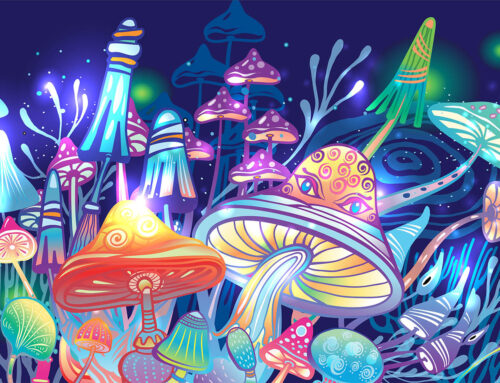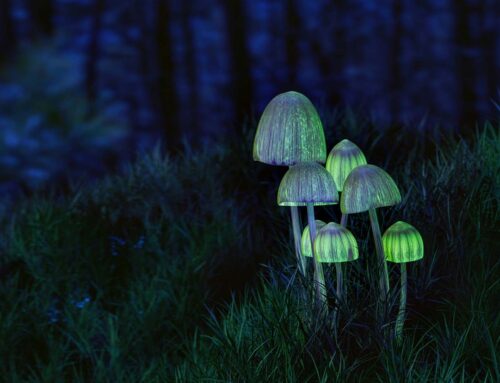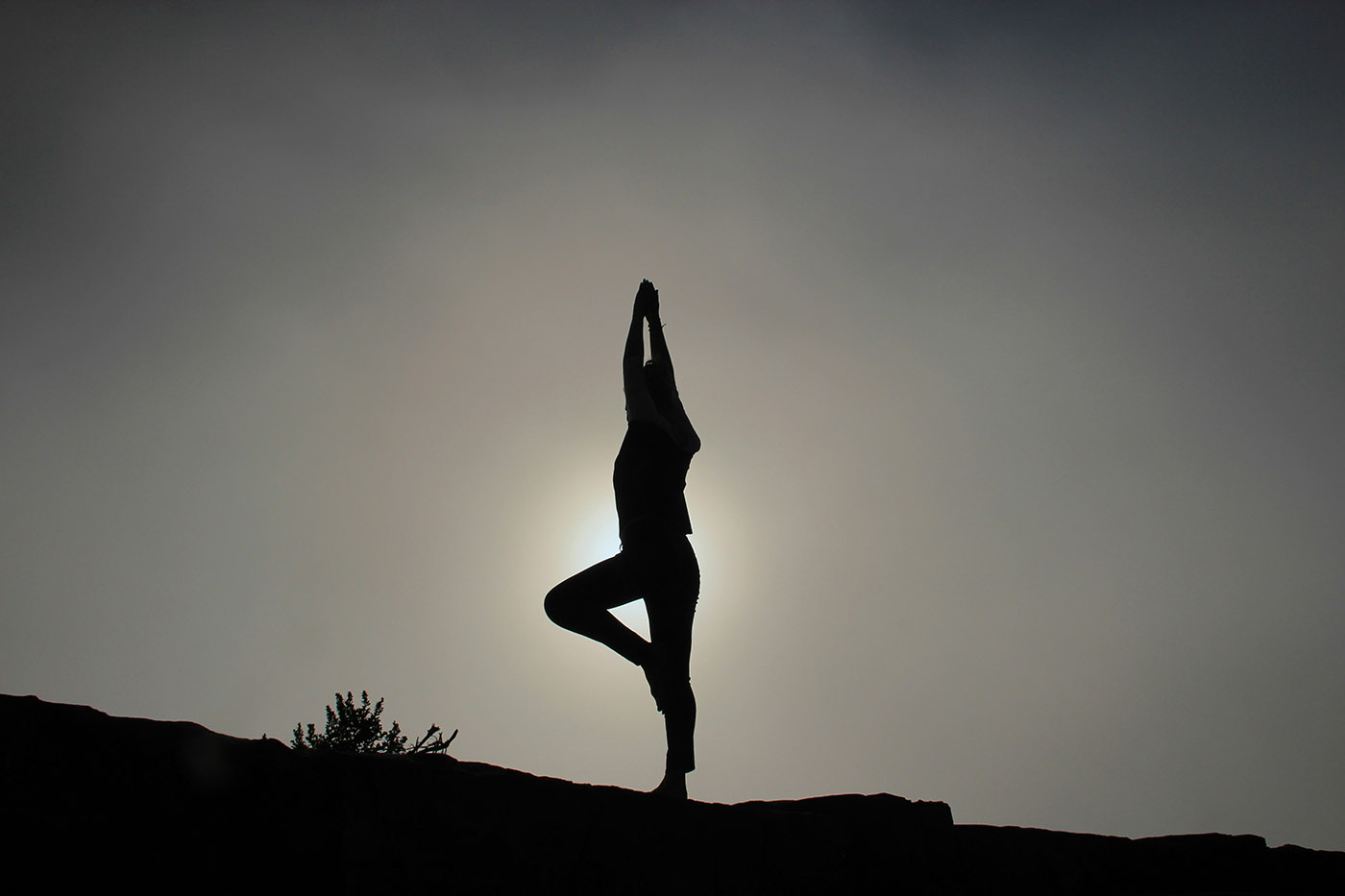
In the campy 1980 comedy, Caddyshack, disheveled groundskeeper Carl Spackler (played by a brilliant[...]
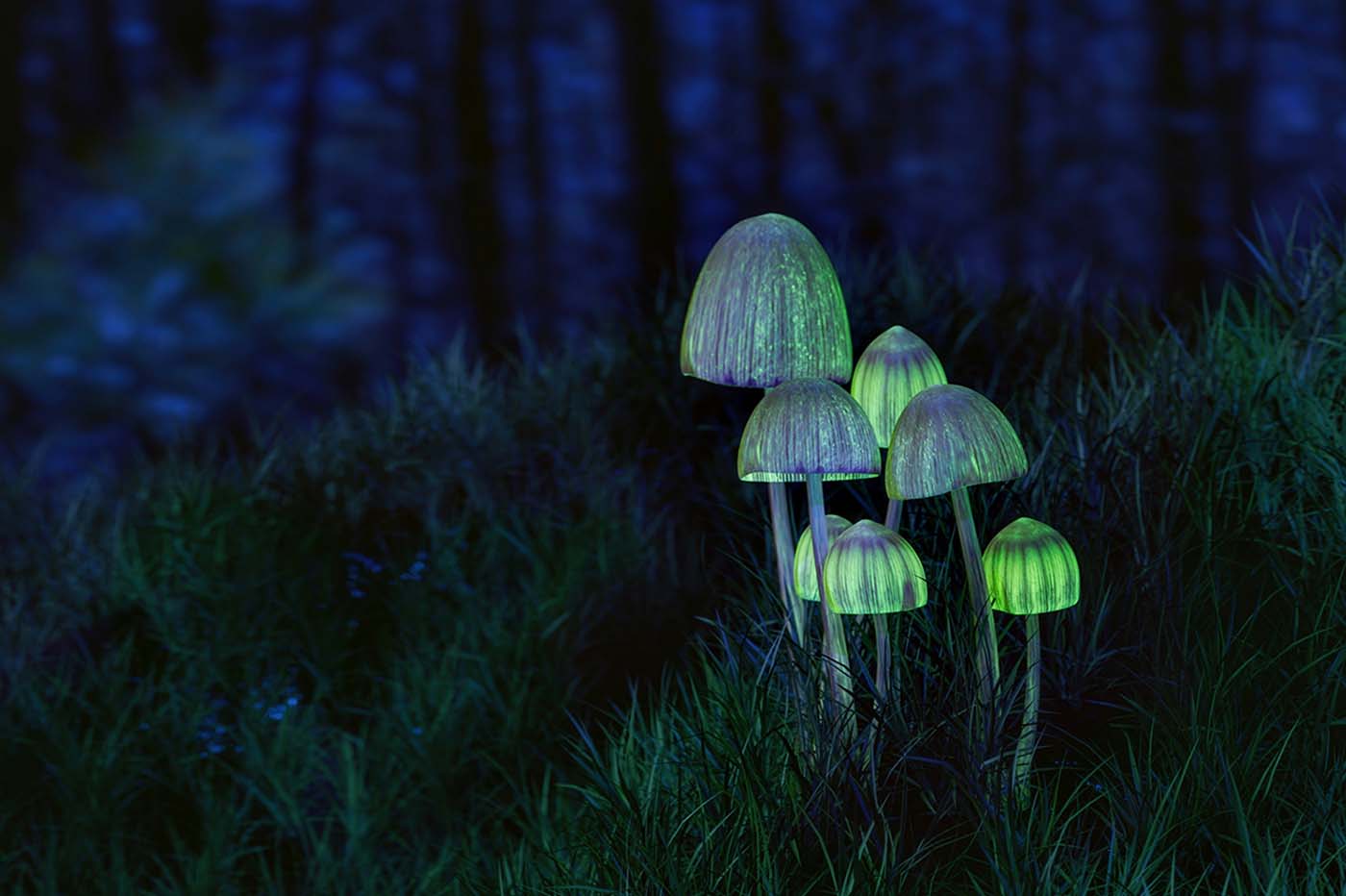
It's not often that a scientist becomes a subject for his own research; even[...]
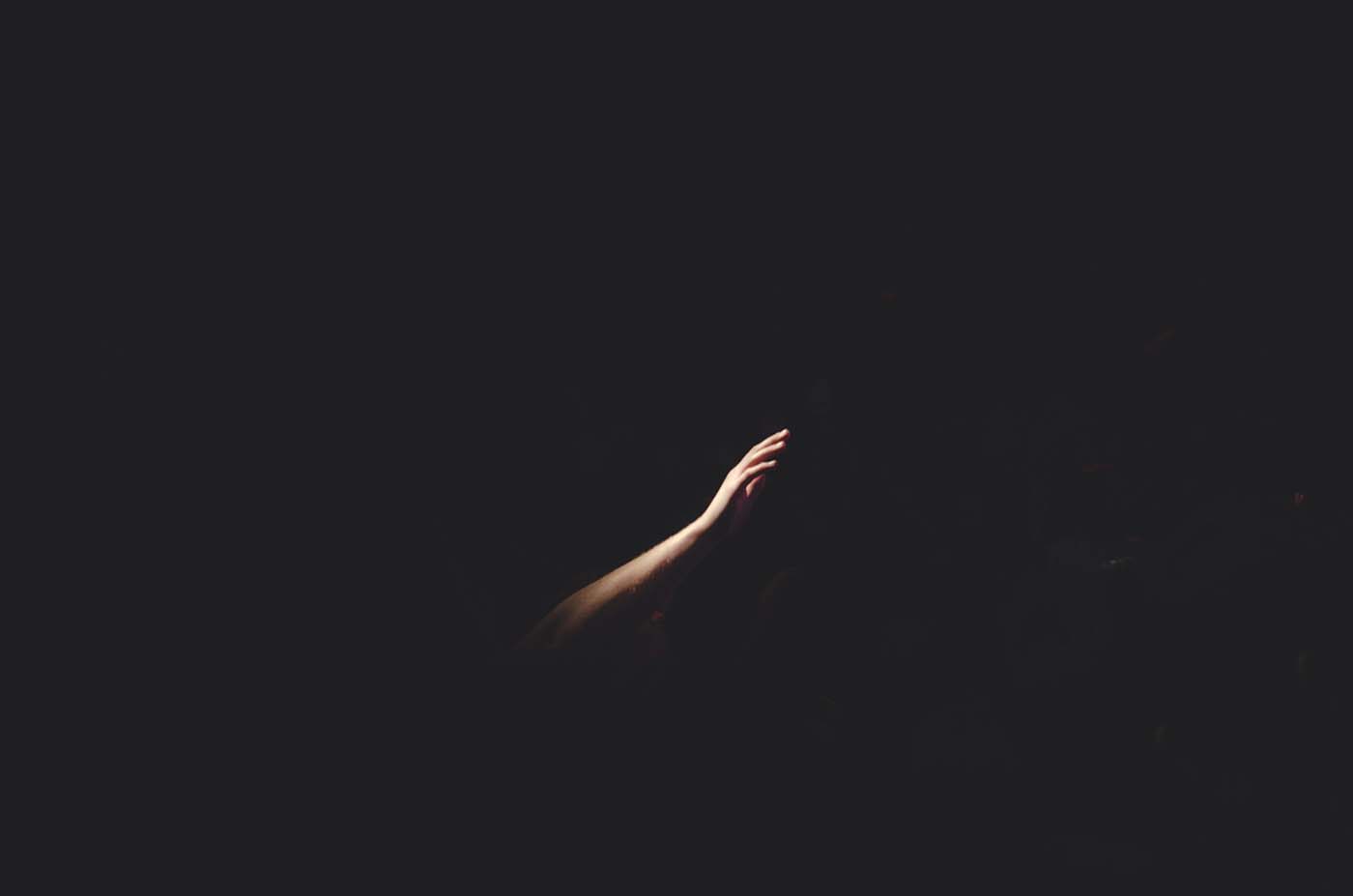
Sensory deprivation via natural or manmade caves has now become, if not routine, certainly[...]

Using fMRI technology, scientists for the first time have revealed significant - albeit temporary[...]

Spelunking Toward Inner Development
Sensory deprivation via natural or manmade caves has now become, if not routine, certainly more commonplace.
In recent months Outside and National Geographic have run stories on the practice, which usually involves a stay lasting days or even weeks in the pitch-black confines of a cave retreat.
The goal is to eliminate the sensory stimuli that so often occupy our minds, thereby enabling the participant to gradually access deeper parts of themselves than would otherwise be possible.
In the same way that light therapy is known to assist individuals suffering from SAD (Seasonal Affective Disorder) during long, gray winter months, dark therapy is said to help individuals struggling with the manic half of bipolar disorders. Dark therapy is also said to aid in the treatment of depression, anxiety, chronic fatigue, migraines, and producing an overall sense of wellbeing.
RESTing in the Dark
Officially recognized as Chamber Restricted Environmental Stimulation or REST, dark therapy provides basic comforts – a bed, food, climate control – and little else. Everything – eating, bathing, exercising, relieving oneself – is done in total darkness. (It should be noted that REST also can apply to saline floatation tanks also used for sensory deprivation.)
As the hours slip past (there is no way to tell time or, for longer stays, what day it is), participants initially may alternate between feelings of boredom or agitation. Left with little but their own thoughts, one can imagine how intense that internal noise can become.
Eventually, many begin to experience audiovisual hallucinations, such as vivid dreaming (intensely crisp dreams with detailed perceptions one can recall in great detail after waking) or hypnagogia (imaginary images and sensations that can occur as we’re drifting off to sleep).
So, does dark therapy work? While many participants swear by it, claiming improved levels of creativity, feelings of inner peace, and more, others dismiss it as just another experience that, while interesting, isn’t going to change anyone’s life.


